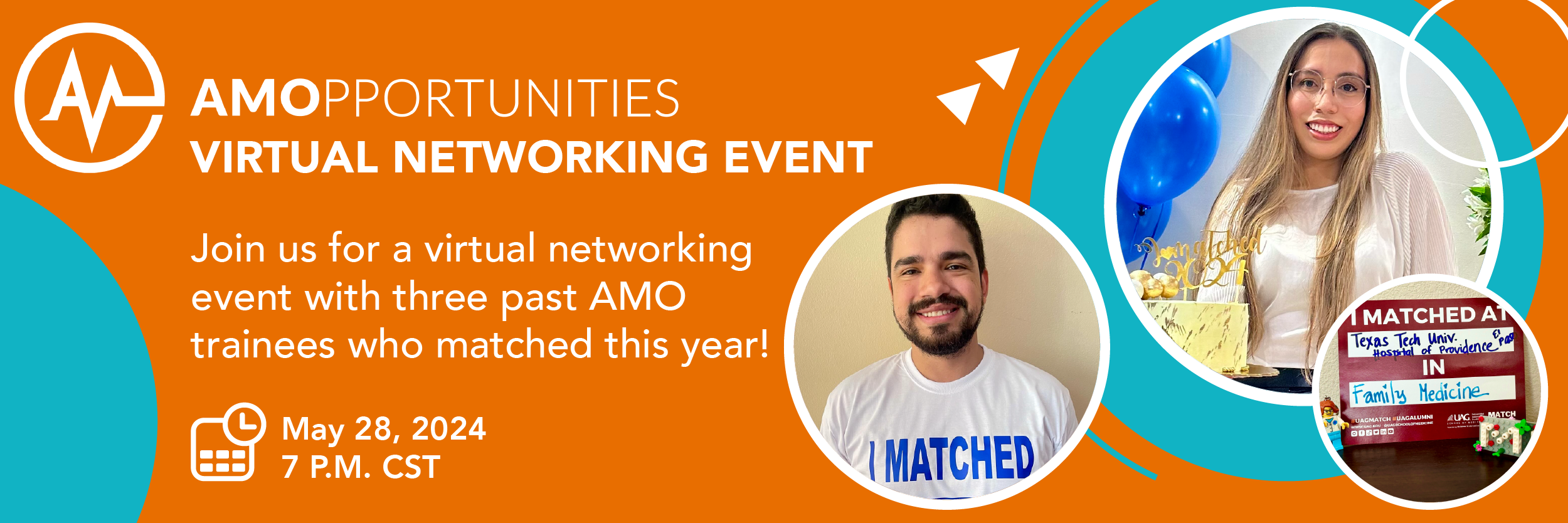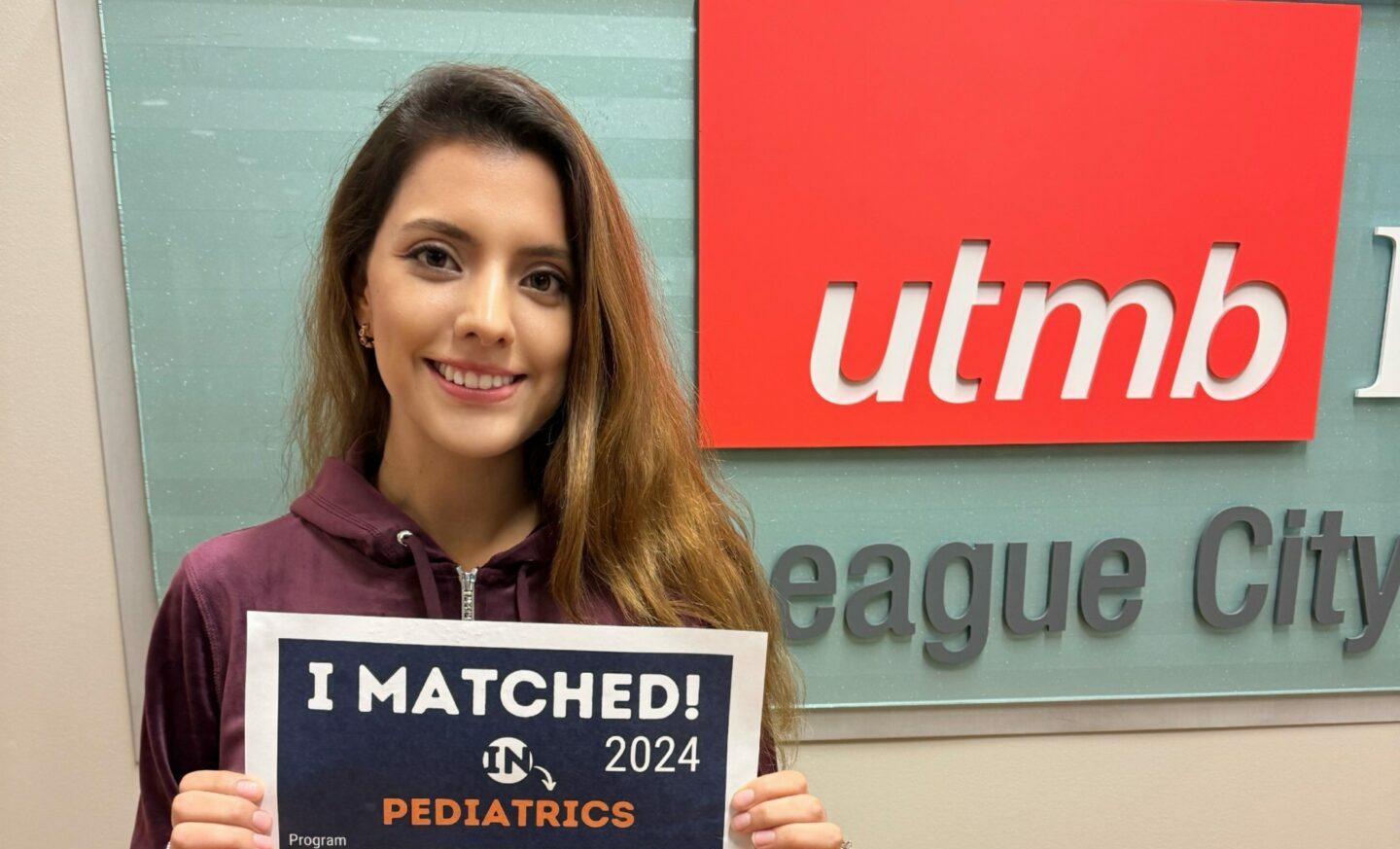Whether you’re a current medical student or a graduate, you know how important clear communication is to successful case management and positive patient outcomes. language barriers between patients and providers, symptoms and other details may not be well-understood. While medical exams may provide aid, missing information could cause a delayed or incorrect diagnosis.
While some hospitals and clinics employ interpreters, translation services like these are not the norm for many institutions as they are costly and may not be on staff at all times. Because so many issues can arise when healthcare professionals don’t speak the same language as those they care for, it’s best practice for licensed healthcare professionals to speak local languages.
If your goal is to provide healthcare in a predominately English-speaking country you may need to take the Occupational English Test. Below we answer some frequently asked questions regarding the OET.
What is the OET?
The OET tests for English proficiency and is required for many international degree holders seeking employment in the healthcare-focused industries, including medicine, dentistry, nursing, and veterinary medicine. The following countries recognize this exam; United States, Australia, New Zealand, the United Kingdom, Ireland, Dubai, Singapore, Namibia, and Ukraine. The Occupational English Test has been given for more than 30 years. It is one of the most recognized English proficiency exams in the world.
Who must take the OET?
Only certain countries require that those pursuing employment in the previously outlined industries pass the Occupational English Test. In other countries, visa applicants must pass the OET. If you’re a foreign-trained medical graduate applying for medical residency in the U.S., the OET is required. If you do not pass the OET, you cannot become ECFMG certified or apply for the Main Residency Match.
What does the OET cover?
This exam contains four sections. Each section covers one of the following topics—listening, reading, writing, and speaking. The exam takes 2 hours to complete with variations in section duration. Each section includes questions that related to communicating with patients, analyzing records, and following interviews. Written portions of the exam have multiple choice answers. The goal of the OET is to maintain medical care quality and ensure patient safety. The exam score is numerical which 500 being a perfect score. To apply for medical residency, you must get an Occupational English Test score of 350 or higher.
When and where can I take the OET?
Forty-six countries offer the Occupational English Test meaning you probably won’t have to travel very far if at all, to take the exam. There are nearly 200 OET testing sites around the world. Recently, the OET launched a virtual exam that allows individuals to take the test from home. Taking the OET costs about $450. See if you can take the OET in your country >
How can I prepare for the OET?
There are several free OET preparation materials available through the exam’s website. Many of these resources are free and a great place to start practicing for the exam. If you feel the free resources are not enough to help you achieve the proficiency and score you want or need, you may choose to pay for courses or additional sample Occupational English Tests. Get preparation materials >
Does AMO require the OET?
While the Occupational English Test is not required for you to participate in our clinical experiences, we require you to be somewhat English proficient. You can indicate proficiency in one of several ways. If you attend medical school in English, you can submit documentation or a dean’s letter indicating this. If you have taken the TOEFL or IELTS, submitting these test scores is a second option. Suppose you cannot provide any of the documents listed above. In that case, you may schedule a call with an AMO Advisor to prove that you speak and understand English well-enough to have success during our clinical experiences. We want you to have an enjoyable and educational experience, and understanding local languages are essential to this. Schedule a call with our advisors >






